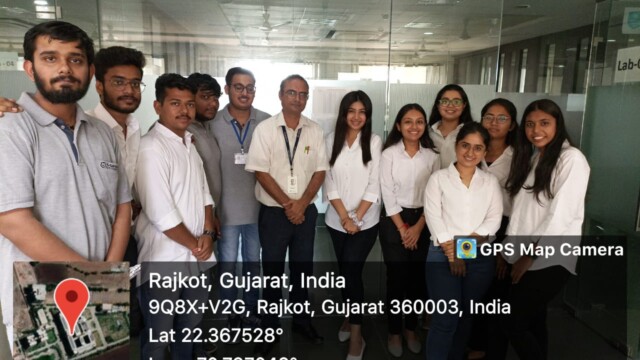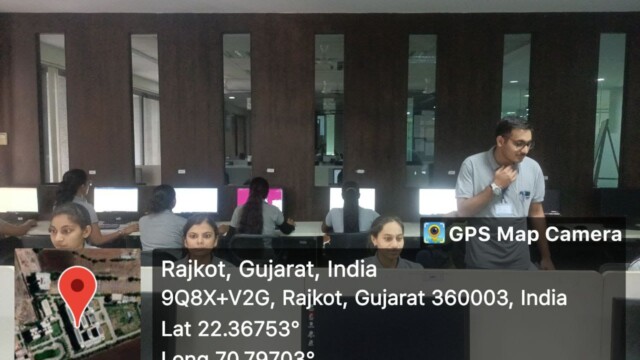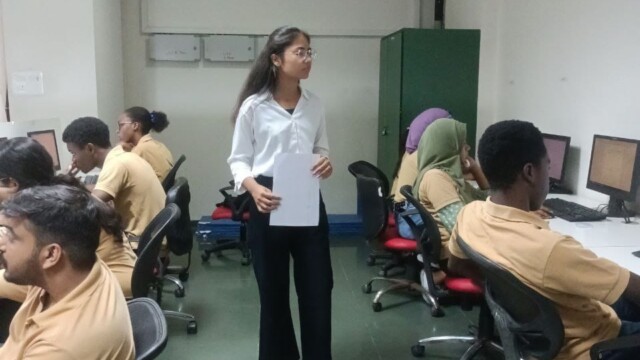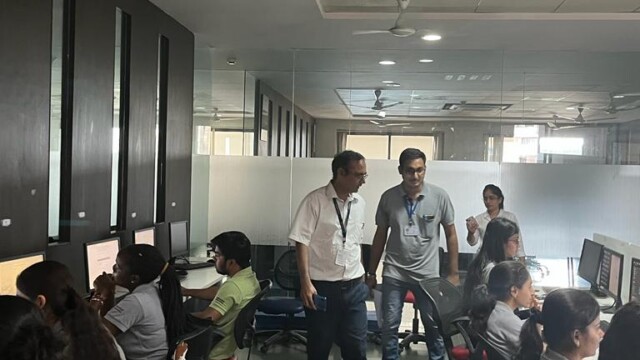MECHANICAL ENGINEERING (BTECH)
Overview
Marwadi University acknowledged as the premier academic & research organisation in Rajkot, is dedicated to providing students with immersive and cutting-edge learning experiences. Our state-of-the-art labs, equipped with the latest machinery, serve as dynamic environments where theoretical knowledge transcends into practical applications. The Mechanical Engineering Department at our university primarily focuses on exposing students to real-world scenarios, fostering a hands-on approach beyond traditional theoretical learning. Through extensive labs and workshops, students actively engage in creating, integrating, and maintaining mechanical components that drive substantial machinery.
In line with our commitment to staying at the forefront of technological advancements, we enrich our curriculum by exposing students to the latest developments, particularly in Industry 4.0. Here, students not only gain an in-depth understanding of Industry 4.0 concepts but are also guided on how to effectively implement these cutting-edge technologies within the realm of mechanical engineering. This forward-thinking approach ensures that our graduates are well-equipped with the knowledge and skills needed to navigate the complexities of the modern industrial landscape.
Recognizing the evolving technological landscape, we empower our students to teach smart technologies, data analytics, automation, and the Internet of Things (IoT) in their mechanical engineering practices. By staying ahead of the curve, our students are not only prepared to contribute meaningfully to the field but are also poised to thrive in the dynamic and interconnected world of modern mechanical engineering. This comprehensive educational approach enhances their academic journey and guarantees that they graduate with the adaptive skills required to meet the demands of the ever-evolving industrial landscape.

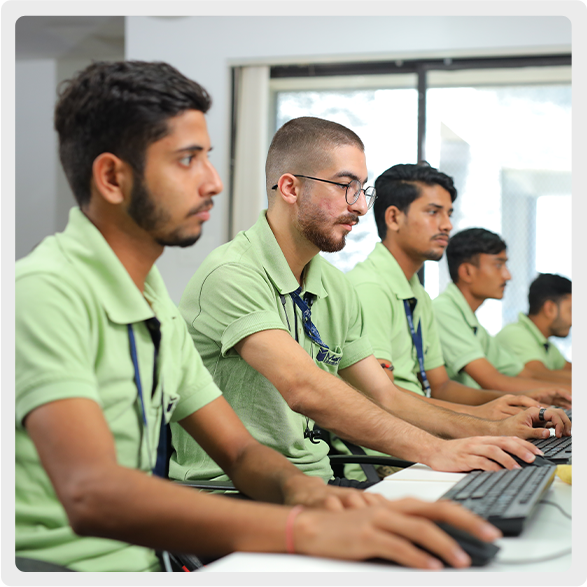
Educational
Objectives
Eligibility Criteria
| For Indian and International Students | ||
|---|---|---|
| 12th (HSc) in Science with a minimum of 45%. They should have appeared in GUJCET and should be registered under ACPC. Equivalent Qualification is required for international students |
Admission Process
Once you generate the PIN from the bank through an online or offline process,
Register yourself on
Fill the Application Details
Choice Filling
(1, 2, 3..)
You’re on the path to DISCOVER yourself
Reporting at College
Actual Admission and Token Fee Payment
Admission Process
yourself on
Application
Details
Filling
Rounds
(1, 2, 3..)
Admission
and Token
Fee Payment
College
path to DISCOVER
yourself
Fee structure
| For Indian Student (INR) | ||
|---|---|---|
| Mechanical Engineering | 4 Years | 57500/- (Per Sem) |
| For International Student (USD) | ||
|---|---|---|
| Mechanical Engineering | 4 Years | 1600/- (Annual) |
Curriculum
| B. Tech. Year I, Sem I | Evaluation Scheme | ||||||||||||
| Subject code | Subject Name | Category | Teaching Scheme (Hours) | Credits | Theory Marks | Tutorial/ Practical Marks | Total Marks | ||||||
| AICTE | CBCS | Theory | Tutorial | Practical | ESE(E) | IA | CSE | Viva (V) | Term work (TW) | ||||
| 01MA2101 | Differential and Integral Calculus | BSC | BS-UC | 3 | 2 | 0 | 5 | 50 | 30 | 20 | 25 | 25 | 150 |
| 01CI1101 | Elements of Civil Engineering | ESC | ES-UC | 3 | 0 | 2 | 4 | 50 | 30 | 20 | 25 | 25 | 150 |
| 01ME1101 | Elements of Mechanical Engineering | ESC | ES-UC | 3 | 0 | 2 | 4 | 50 | 30 | 20 | 25 | 25 | 150 |
| 01SL0102 / 01SL0103 | Reading & Writing for Technology / Speaking & Presentation Skills | HSMC | HSMC-UE | 2 | 0 | 0 | 2 | 0 | 30 | 20 | 25 | 25 | 100 |
| 01GS2101 | Physics | BSC | BS-UC | 3 | 0 | 2 | 4 | 50 | 30 | 20 | 25 | 25 | 150 |
| 01EN1101 | Basics of Environmental Studies | ESC | BS Mandatory | 2 | 0 | 0 | 0 | 50 | 30 | 20 | 0 | 0 | 100 |
| 01CR1103 | Value Education | HSMC | HSMC Mandatory course | 2 | 0 | 0 | 0 | 0 | 0 | 0 | 50 | 50 | 100 |
| 01CR0105 | Verbal Ability-1 | HSMC | HSMC Mandatory course | 1 | 0 | 0 | 0 | 50 | 0 | 0 | 0 | 50 | 100 |
| 01AU0001 | NATIONAL CADET CORPS-1 | Audit Course | 1 | 0 | 2 | 2 | 0 | 0 | 0 | 0 | 0 | 0 | |
| 01GS0103 | Indian Constitution | HSMC Mandatory course | 1 | 0 | 0 | 0 | 0 | 0 | 0 | 0 | 0 | 0 | |
| Total | 31 | 31 | 21 | 2 | 8 | 21 | 300 | 180 | 120 | 175 | 225 | 1000 | |
| B. Tech. Year I, Sem II | Evaluation Scheme | ||||||||||||
| Subject code | Subject Name | Category | Teaching Scheme (Hours) | Credits | Theory Marks | Tutorial/ Practical Marks | Total Marks | ||||||
| AICTE | CBCS | Theory | Tutorial | Practical | ESE(E) | IA | CSE | Viva (V) | Term work (TW) | ||||
| 01MA0103 | Matrix algebra and vector calculus | BSC | BS-UC | 3 | 2 | 0 | 5 | 50 | 30 | 20 | 25 | 25 | 150 |
| 01CE1101 | Computer Programming | ESC | ES-UC | 4 | 0 | 2 | 5 | 50 | 30 | 20 | 25 | 25 | 150 |
| 01ME1102 | Engineering Graphics | ESC | ES-UC | 3 | 0 | 4 | 5 | 50 | 30 | 20 | 25 | 25 | 150 |
| 01EE1101 | Basic Electrical and Electronics Engineering | ESC | ES-UC | 4 | 0 | 2 | 5 | 50 | 30 | 20 | 25 | 25 | 150 |
| 01ME1104 | Mechanical Workshop | ESC | ES-UC | 0 | 0 | 2 | 1 | 0 | 0 | 0 | 0 | 50 | 50 |
| 01PY0101 | Physical Education/Sports/Yoga | MC | HSMC- NCC | 0 | 0 | 2 | 0 | 0 | 0 | 0 | 0 | 0 | 0 |
| 01CR0106 | Verbal Ability – 2 | MC | HSMC | 1 | 0 | 0 | 0 | 50 | 0 | 0 | 0 | 50 | 100 |
| 01AU0002 | NATIONAL CADET CORPS-2 | Audit Course | 1 | 0 | 2 | 2 | 0 | 0 | 0 | 0 | 0 | 0 | |
| 01ME0201 | Computer Aided Modelling | Skill course | NC-SC | 0 | 0 | 2 | 0 | 0 | 0 | 0 | 50 | 50 | 100 |
| Total | 34 | 34 | 16 | 2 | 16 | 23 | 250 | 120 | 80 | 150 | 250 | 850 | |
| B. Tech. Year II, Semester III | Evaluation Scheme | ||||||||||||
| Subject code | Subject Name | Category | Teaching Scheme (Hours) | Credits | Theory Marks | Tutorial/ Practical Marks | Total Marks | ||||||
| AICTE | CBCS | Theory | Tutorial | Practical | ESE(E) | IA | CSE | Viva (V) | Term work (TW) | ||||
| 01ME1305 | Fundamental of Machine Design | ESC | ES-PC | 3 | 0 | 2 | 4 | 50 | 30 | 20 | 25 | 25 | 150 |
| 01MA1301 | Applied Differential Equations | BSC | BS-UC | 3 | 2 | 0 | 5 | 50 | 30 | 20 | 25 | 25 | 150 |
| 01ME2301 | Fluid Mechanics | PCC-CE | ES-PC | 3 | 0 | 2 | 4 | 50 | 30 | 20 | 25 | 25 | 150 |
| 01ME2302 | Kinematics of Machines | PCC-CE | ES-PC | 3 | 0 | 2 | 4 | 50 | 30 | 20 | 25 | 25 | 150 |
| 01ME2303 | Manufacturing Processes I | PCC-CE | ES-PC | 0 | 0 | 4 | 2 | 50 | 30 | 20 | 25 | 25 | 150 |
| 01CR0302 | Professional Ethics | HSMC | HSMC-UC | 1 | 0 | 0 | 1 | 0 | 0 | 0 | 50 | 50 | 100 |
| 01ME2304 | Design Thinking and Problem Solving Skills | Skill Course | NC-SC | 0 | 0 | 2 | 0 | 0 | 0 | 0 | 50 | 50 | 100 |
| 01AU0003 | NATIONAL CADET CORPS-3 | Audit Course | 1 | 0 | 2 | 2 | 0 | 0 | 0 | 0 | 0 | 0 | |
| 01CR0303 | Quantitative & Logical Ability – 1 | MC | HSMC | 1 | 0 | 0 | 0 | 50 | 0 | 0 | 0 | 50 | 100 |
| Total | 31 | 15 | 2 | 14 | 22 | 300 | 150 | 100 | 225 | 275 | 1050 | ||
| B. Tech. Year II, Semester IV | Evaluation Scheme | ||||||||||||
| Subject code | Subject Name | Category | Teaching Scheme (Hours) | Credits | Theory Marks | Tutorial/ Practical Marks | Total Marks | ||||||
| AICTE | CBCS | Theory | Tutorial | Practical | ESE(E) | IA | CSE | Viva (V) | Term work (TW) | ||||
| 01MA1401 | Complex Variable & Numerical Analysis | BSC | BS-UC | 3 | 2 | – | 5 | 50 | 30 | 20 | 25 | 25 | 150 |
| 01ME2401 | Machine Design & Industrial Drafting | PCC-CE | ES-PC | 4 | – | – | 4 | 50 | 30 | 20 | 0 | 0 | 100 |
| 01ME2402 | Manufacturing Processes II | PCC-CE | ES-PC | 2 | – | 4 | 4 | 50 | 30 | 20 | 25 | 25 | 150 |
| 01ME2403 | Material Science and Metallurgy | PCC-CE | ES-PC | 3 | – | 2 | 4 | 50 | 30 | 20 | 25 | 25 | 150 |
| 01ME1404 | Engineering Thermodynamics | PCC-CE | ES-PC | 3 | 2 | – | 5 | 50 | 30 | 20 | 25 | 25 | 150 |
| 01ME0406 | Creativity, Problem Solving and Innovation | Open Elective | HSMC-MC | 0 | – | 2 | 1 | 0 | 30 | 0 | 20 | 0 | 50 |
| 01ME0407 | Computer Aided Design Laboratory | Mandatory Course | ES-PC | 0 | 0 | 2 | 0 | 0 | 0 | 0 | 25 | 25 | 50 |
| 01ME0408 | Advance Welding Technology | Skill course | NC-SC | 0 | 0 | 2 | 0 | 0 | 0 | 0 | 50 | 50 | 100 |
| Total | 31 | 15 | 4 | 12 | 23 | 250 | 180 | 100 | 195 | 175 | 900 | ||
| B. Tech. Year III, Semester V | Evaluation Scheme | ||||||||||||
| Subject code | Subject Name | Category | Teaching Scheme (Hours) | Credits | Theory Marks | Tutorial/ Practical Marks | Total Marks | ||||||
| Type | CBCS | Theory | Tutorial | Practical | ESE(E) | IA | CSE | Viva (V) | Term work (TW) | ||||
| 01ME1501 | Dynamics of Machine-I | PCC-CE | ES-PC | 3 | – | 2 | 4 | 50 | 30 | 20 | 25 | 25 | 150 |
| 01ME1502 | Fluid Power Engineering | PCC-CE | ES-PC | 3 | – | 2 | 4 | 50 | 30 | 20 | 25 | 25 | 150 |
| 01ME1503 | Machine Design-1 | PCC-CE | ES-PC | 3 | – | 2 | 4 | 50 | 30 | 20 | 25 | 25 | 150 |
| 01ME0504 | Metrology | PCC-CE | ES-PC | 3 | – | 2 | 4 | 50 | 30 | 20 | 25 | 25 | 150 |
| 01ME050* | Programme Elective I | PEC-CE | ES-PE | 3 | – | 2 | 4 | 50 | 30 | 20 | 25 | 25 | 150 |
| 01CR0501 | Business Benchmark | HSMC | HSMC-UC | 1 | – | 0 | 1 | 0 | 0 | 0 | 50 | 50 | 100 |
| 01AU0005 | NATIONAL CADET CORPS-5 | Audit Course | 1 | 0 | 2 | 2 | 0 | 0 | 0 | 0 | 0 | 0 | |
| 01ME0509 | Python for Mechanical Engineering | PCC-CE | ES-PC | 0 | 0 | 4 | 2 | 0 | 0 | 0 | 50 | 50 | 100 |
| Total | 33 | 17 | 0 | 16 | 25 | 250 | 150 | 100 | 225 | 225 | 950 | ||
| Programme Elective – I | |||||||||||||
| B. Tech. Year III, Semester VI | Evaluation Scheme | ||||||||||||
| Subject code | Subject Name | Category | Teaching Scheme (Hours) | Credits | Theory Marks | Tutorial/ Practical Marks | Total Marks | ||||||
| Type | CBCS | Theory | Tutorial | Practical | ESE(E) | IA | CSE | Viva (V) | Term work (TW) | ||||
| 01ME1601 | Dynamics of Machine –II | PCC-CE | ES-PC | 3 | – | 2 | 4 | 50 | 30 | 20 | 25 | 25 | 150 |
| 01ME1602 | Heat Transfer | PCC-CE | ES-PC | 3 | – | 2 | 4 | 50 | 30 | 20 | 25 | 25 | 150 |
| 01ME1603 | Machine Design-II | PCC-CE | ES-PC | 3 | – | 2 | 4 | 50 | 30 | 20 | 25 | 25 | 150 |
| 01ME0604 | Operation Research | HSMC | HSMC-UE | 3 | 1 | 0 | 4 | 50 | 30 | 20 | 25 | 25 | 150 |
| 01ME060* | Programme Elective II | PCE- CE | ES-PE | 3 | – | 2 | 4 | 50 | 30 | 20 | 25 | 25 | 150 |
| 01ME0609 | Basic & Electro Hydraulics | Skill course | MNC | 0 | 0 | 2 | 0 | 0 | 0 | 0 | 50 | 50 | 100 |
| 01ME0610 | Design Engineering & Project Management | HSMC | HSMC-UE | 0 | – | 2 | 1 | – | – | – | 25 | 25 | 50 |
| Total | 28 | 15 | 1 | 12 | 21 | 250 | 150 | 100 | 200 | 200 | 900 | ||
| Programme Elective – II | |||||||||||||
| B. Tech. Year IV, Semester VII | Evaluation Scheme | ||||||||||||
| Subject code | Subject Name | Category | Teaching Scheme (Hours) | Credits | Theory Marks | Tutorial/ Practical Marks | Total Marks | ||||||
| AICTE | CBCS | Theory | Tutorial | Practical | ESE(E) | IA | CSE | Viva (V) | Term work (TW) | ||||
| 01ME1701 | Finite Elements Method | PCE- CC | E.S. -P.C. | 4 | – | 2 | 5 | 50 | 30 | 20 | 25 | 25 | 150 |
| 01ME0702 | Project-1 | Project- CC | ES-P.C | – | – | 12 | 6 | — | — | 0 | 100 | 100 | 200 |
| 01ME0703 | Rapid Casting: I | PCE- CC | E.S. -P.C. | 2 | – | 4 | 4 | 50 | 30 | 20 | 25 | 25 | 150 |
| 01ME07** | Prog.Elec.3 | PCE- CE | ES-P.E | 4 | – | 2 | 5 | 50 | 30 | 20 | 25 | 25 | 150 |
| 01ME07** | Prog.Elec.4 | PCE- CE | ES-P.E | 4 | – | 2 | 5 | 50 | 30 | 20 | 25 | 25 | 150 |
| 01ME0705 | CNC Programmer | Skill Course | NC- SC | 0 | 0 | 2 | 0 | 0 | 0 | 0 | 50 | 50 | 100 |
| Total | 38 | 14 | 24 | 25 | 200 | 120 | 80 | 250 | 250 | 900 | |||
| Programme Electives | |||||||||||||
| B. Tech. Year IV, Semester VIII | Evaluation Scheme | ||||||||||||
| Subject code | Subject Name | Category | Teaching Scheme (Hours) | Credits | Theory Marks | Tutorial/ Practical Marks | Total Marks | ||||||
| AICTE | CBCS | Theory | Tutorial | Practical | ESE(E) | IA | CSE | Viva (V) | Term work (TW) | ||||
| 01ME0801 | Production Technology | PCE- CC | E.S. -P.C. | 4 | – | 2 | 5 | 50 | 30 | 20 | 25 | 25 | 150 |
| 01ME1802 | Project-II | Project- CE | ES-PC | – | – | 12 | 6 | — | — | 0 | 100 | 100 | 200 |
| 01ME0803 | Rapid Casting: II | PCE- CC | E.S.-P.C. | 2 | – | 4 | 4 | 50 | 30 | 20 | 25 | 25 | 150 |
| 01ME08** | Prog.Elec.5 | PCE- CE | ES-P.E | 4 | – | 2 | 5 | 50 | 30 | 20 | 25 | 25 | 150 |
| 01ME08** | Prog.Elec.6 | PCE- CE | ES-P.E | 4 | – | 2 | 5 | 50 | 30 | 20 | 25 | 25 | 150 |
| Total | 36 | 14 | 0 | 22 | 25 | 200 | 120 | 80 | 200 | 200 | 800 | ||
Programme Electives
| |||||||||||||
Career Opportunities
Career Options

Automotive Engineer
Design and improve automotive systems, including engines, transmissions, and suspension systems.

Aerospace Engineer
Work on the design and development of aircraft and spacecraft components, ensuring they meet safety and performance standards.

Manufacturing Engineer
Optimize manufacturing processes, improve efficiency, and ensure quality control in the production of mechanical components.

Energy Engineer
Contribute to the development and improvement of energy systems, including renewable energy technologies and energy-efficient processes.

Robotics Engineer
Design and implement robotic systems for industries such as manufacturing, healthcare, and defence.

HVAC Engineer
Design and maintain systems for climate control in buildings, ensuring energy efficiency and environmental sustainability.

Materials Engineer
Work on the selection and development of materials for various applications, considering factors like strength, durability, and cost.

Mechanical Design Engineer
Create detailed designs for mechanical components and systems using computer-aided design (CAD) software.

Project Engineer/Manager
Oversee and manage engineering projects from conception to completion, ensuring they meet budget, timeline, and quality requirements.

Consulting Engineer
Provide expertise and advice to clients on mechanical engineering projects, often working for consulting firms.

Research and Development Engineer
Engage in research activities to develop new technologies, products, or processes within the field of mechanical engineering.

Biomechanical Engineer
Apply mechanical engineering principles to the design of medical devices and equipment, prosthetics, and orthopaedic implants.

Nuclear Engineer
Work on the design and maintenance of nuclear power plants, ensuring safety and efficiency in nuclear energy production.

Marine Engineer
Design and maintain systems for ships and offshore structures, including propulsion systems and navigation equipment.

Quality Engineer
Ensure the quality and reliability of products by implementing and monitoring quality control processes.
Student Outcomes
Facilities
Lab
With reference to the Final assessment of Marwadi University Material Testing Laboratory in the disciplines of Mechanical Testing conducted by National Accreditation Board for Laboratories (NABL) in June 2017, NABL has evaluated the assessment report and decided grant of accreditation in accordance with ISO/IEC 17025:2005 in the disciplines of Mechanical Testing as per the scope and authorized signatories recommended by the assessment team. With this accreditation, Marwadi University becomes the 1st university in Gujarat, to have a NABL accredited Civil Engineering Material Testing Laboratory which are very few in the country
Advanced Laboratories
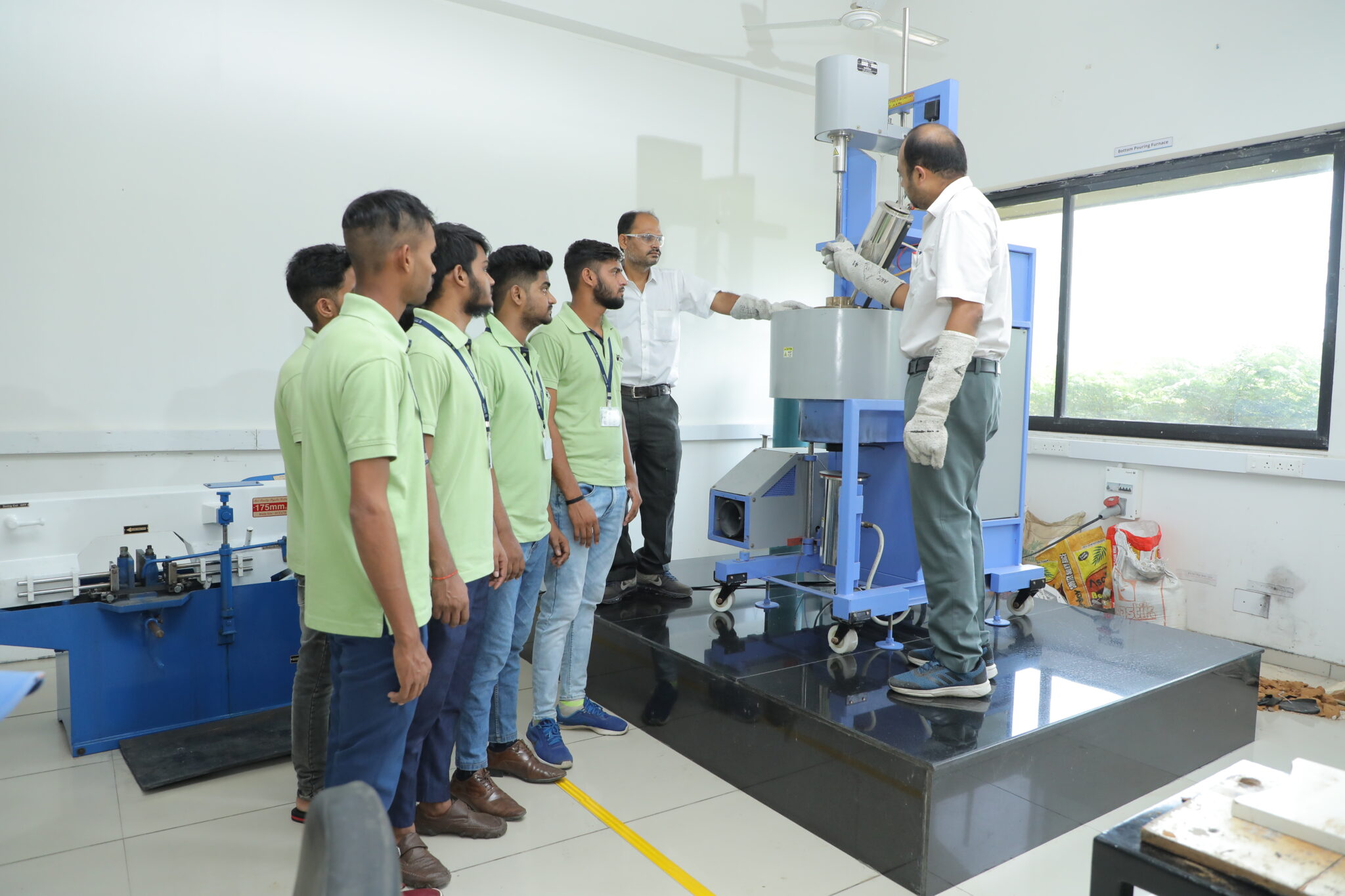
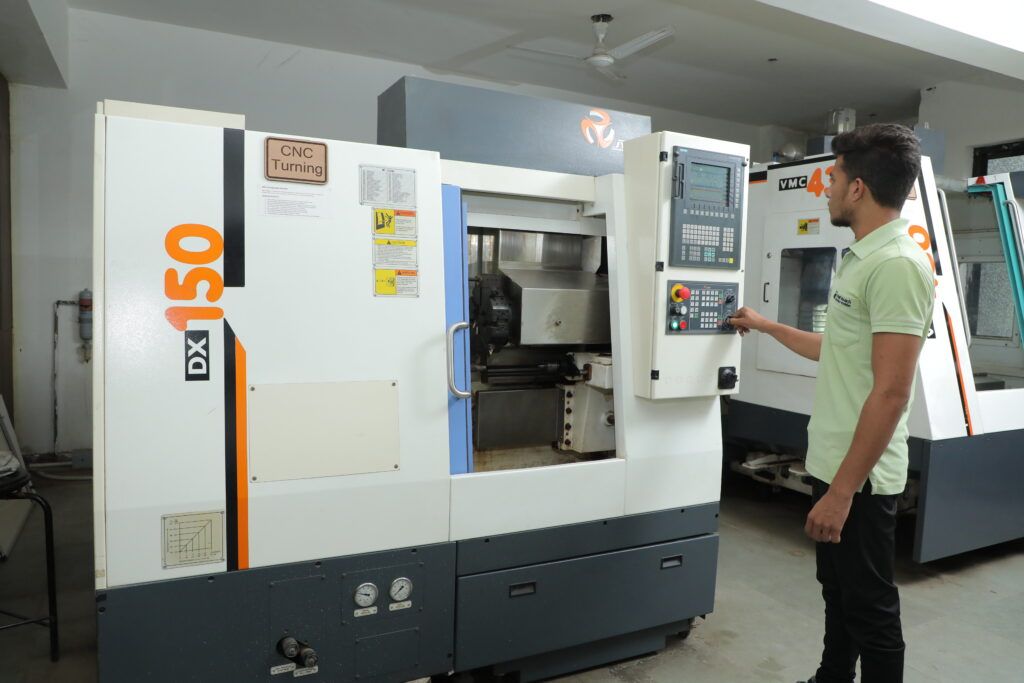
Software
Lab for Research, Innovation & Training
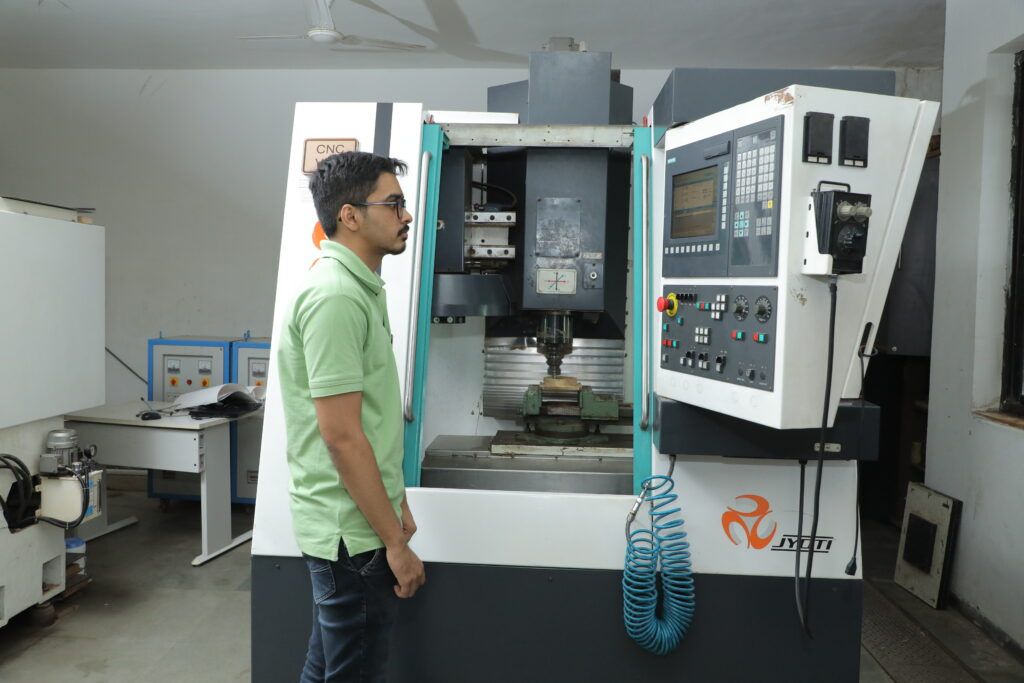
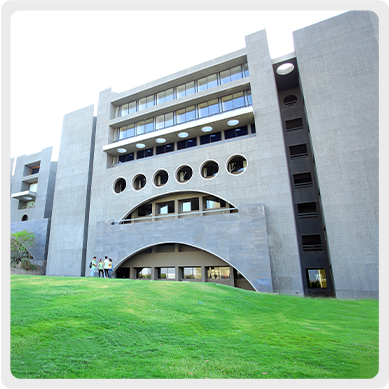
Campus Facilities
Industry Association
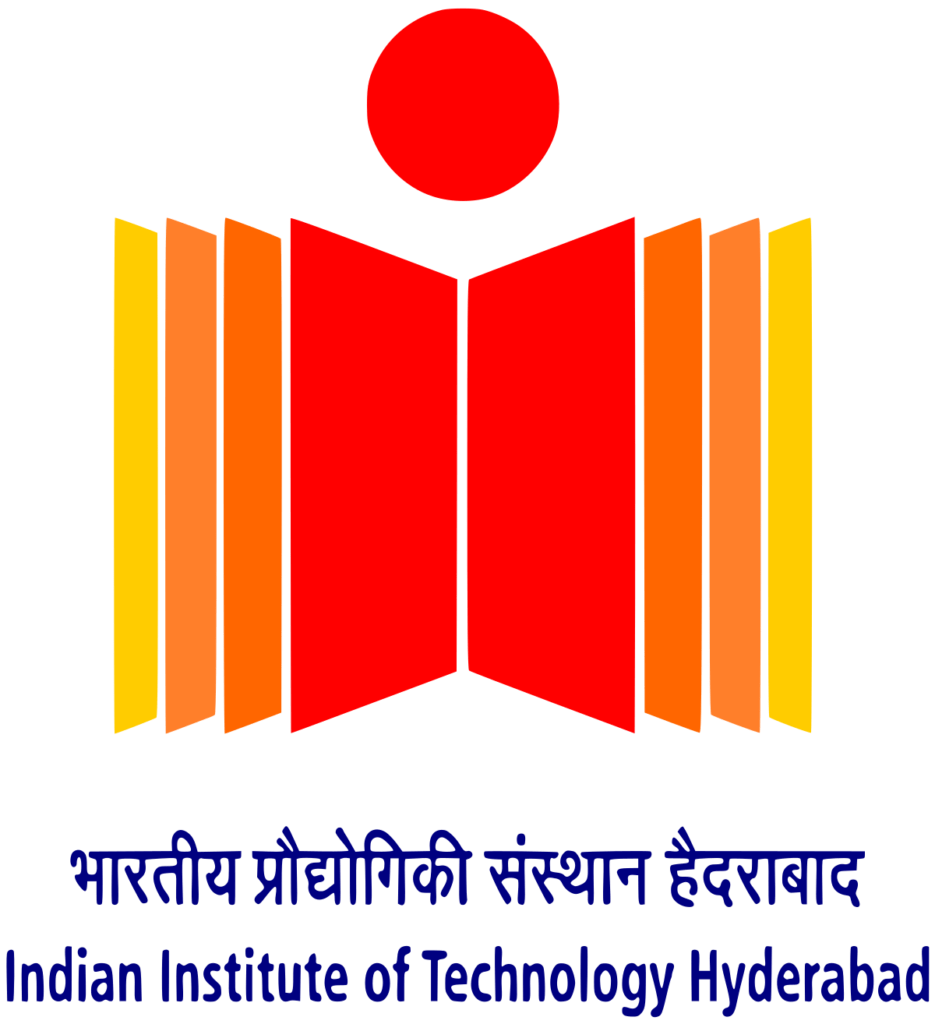
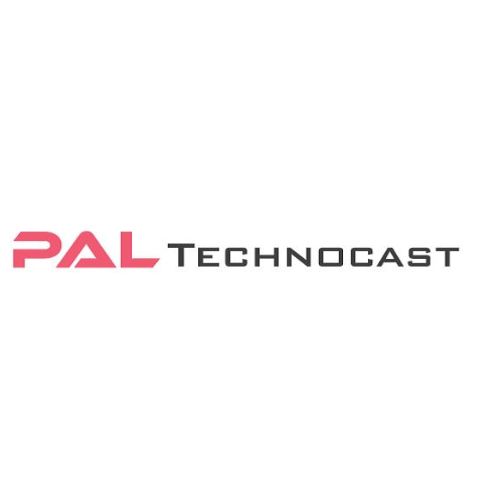
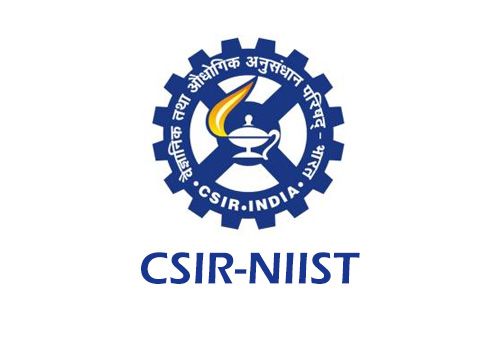


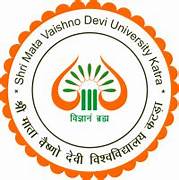

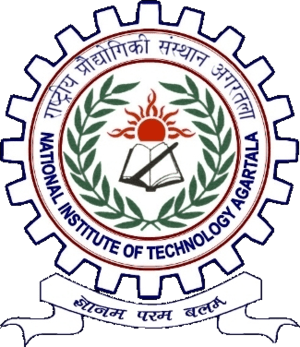
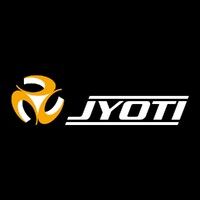
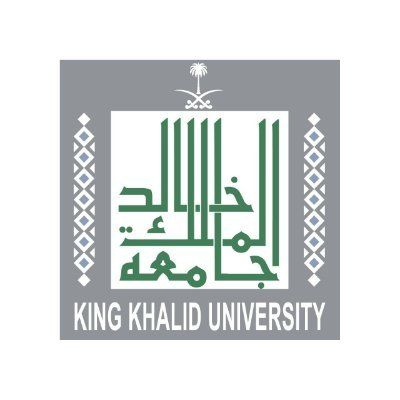
Membership of Professional Bodies
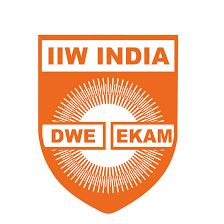

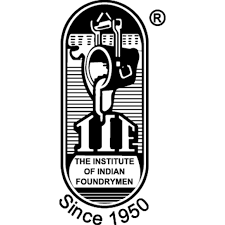





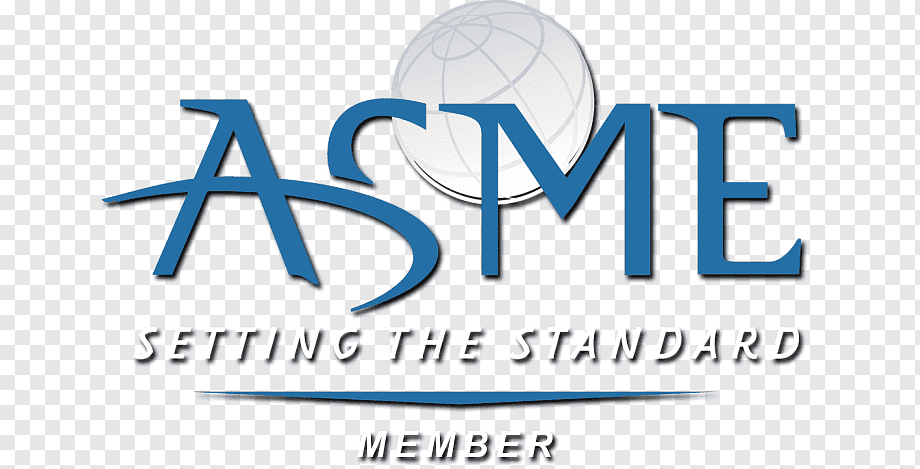
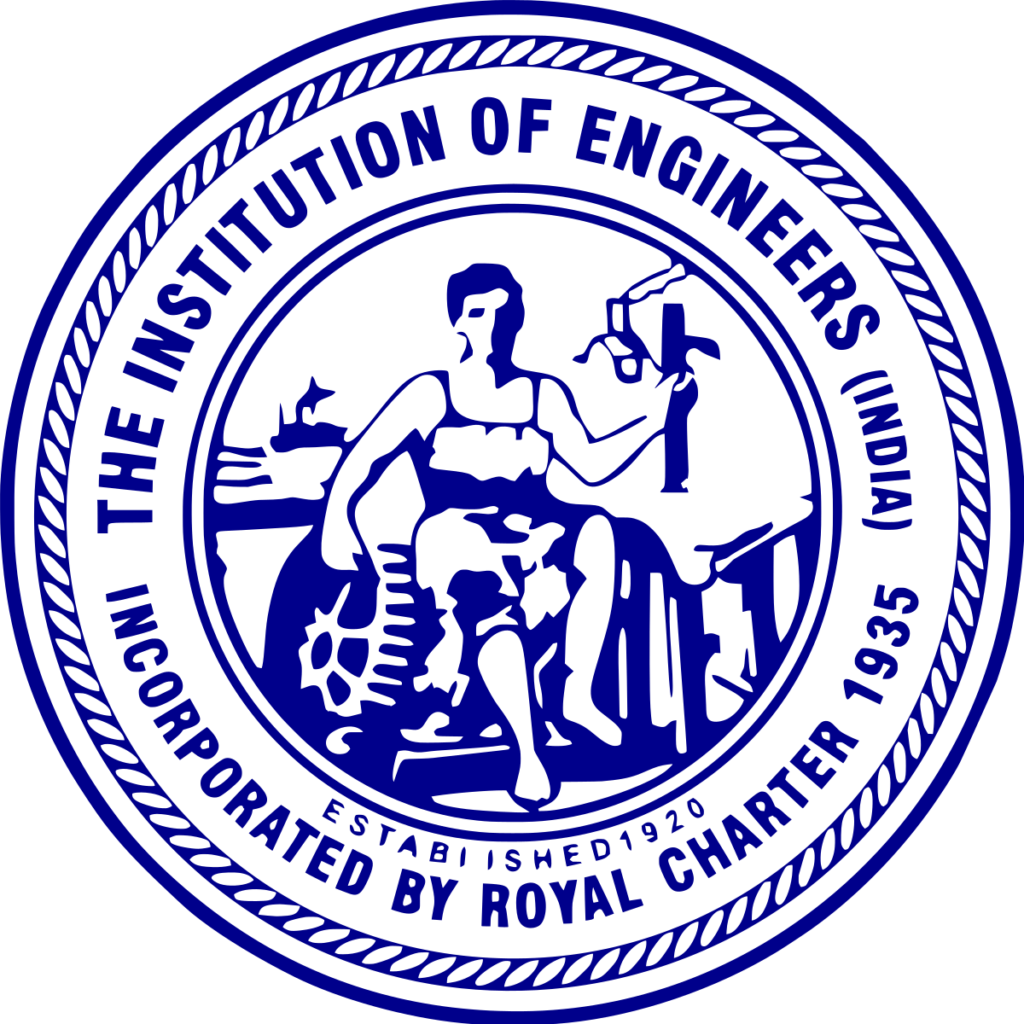
HOD's Message

HoD, Department of Mechanical Engineering
Our unwavering focus revolves around three key pillars: fostering the success of our students, upholding research excellence, and making substantial contributions to economic growth and development. We prioritize sustained progress by investing in campus resources, promoting entrepreneurial initiatives, fostering strong ties with industry partners, and driving innovation. The University has consistently excelled in advancing these pillars, delivering a significant return on investment to both our nation and the global community. In conjunction with the opportunities unfolding in India, this is an opportune era for engineering to assume a more central role. We recognize our responsibility to address global challenges and nurture leaders who can harness the advantages of technological advancements for the betterment of humanity and the planet. Together, we strive to create a future where engineering solutions drive positive change on a global scale.
Key Highlights
World-Class Faculty
Cutting-Edge Research
Forward-Looking Curriculum
Three Pillars of Focus
Investment in Campus Resources
Entrepreneurial Ventures
Industry Connections
This write-up aims to showcase the department’s strengths, unique features, and commitment to excellence, providing a comprehensive overview for visitors to the university website.
Faculties
Successful
Alumni
Our Recruiters
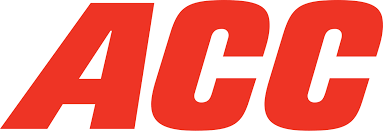
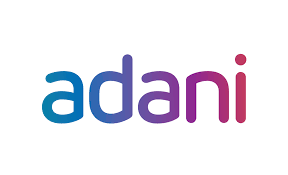

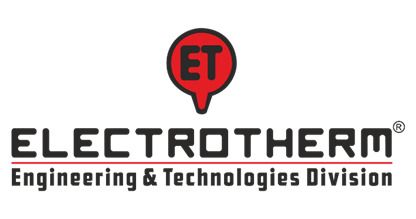


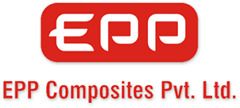

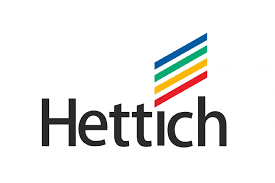
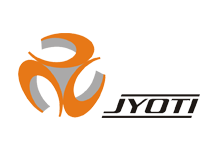



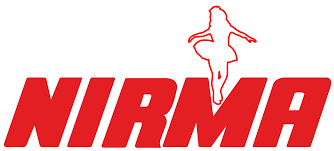
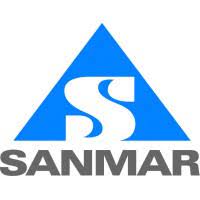
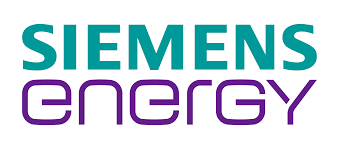

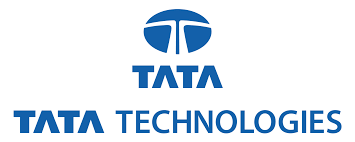
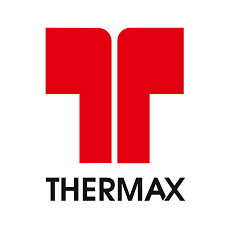

Events
FAQ
Q. Is there any Loan Facility Available ?
https://www.marwadiuniversity.ac.in/student-loan/
Q. Is there any Scholarship Available ?
https://www.marwadiuniversity.ac.in/student-loan/
Q. How is the Placement at Marwadi University ?
Q. How to Reach MU ?
Q. Is there a Hostel Facility available at Marwadi University ?
Q. What is the Fee Structure of Degree Programmes at Marwadi University ?
Q. How to Apply for Admission at Marwadi University? What form to fill ?
Q. Is Marwadi University recognised by the Government ?
Q. What all Documents are necessary to bring in while joining the University ?
Q. Is there any Medical Facility provided ?



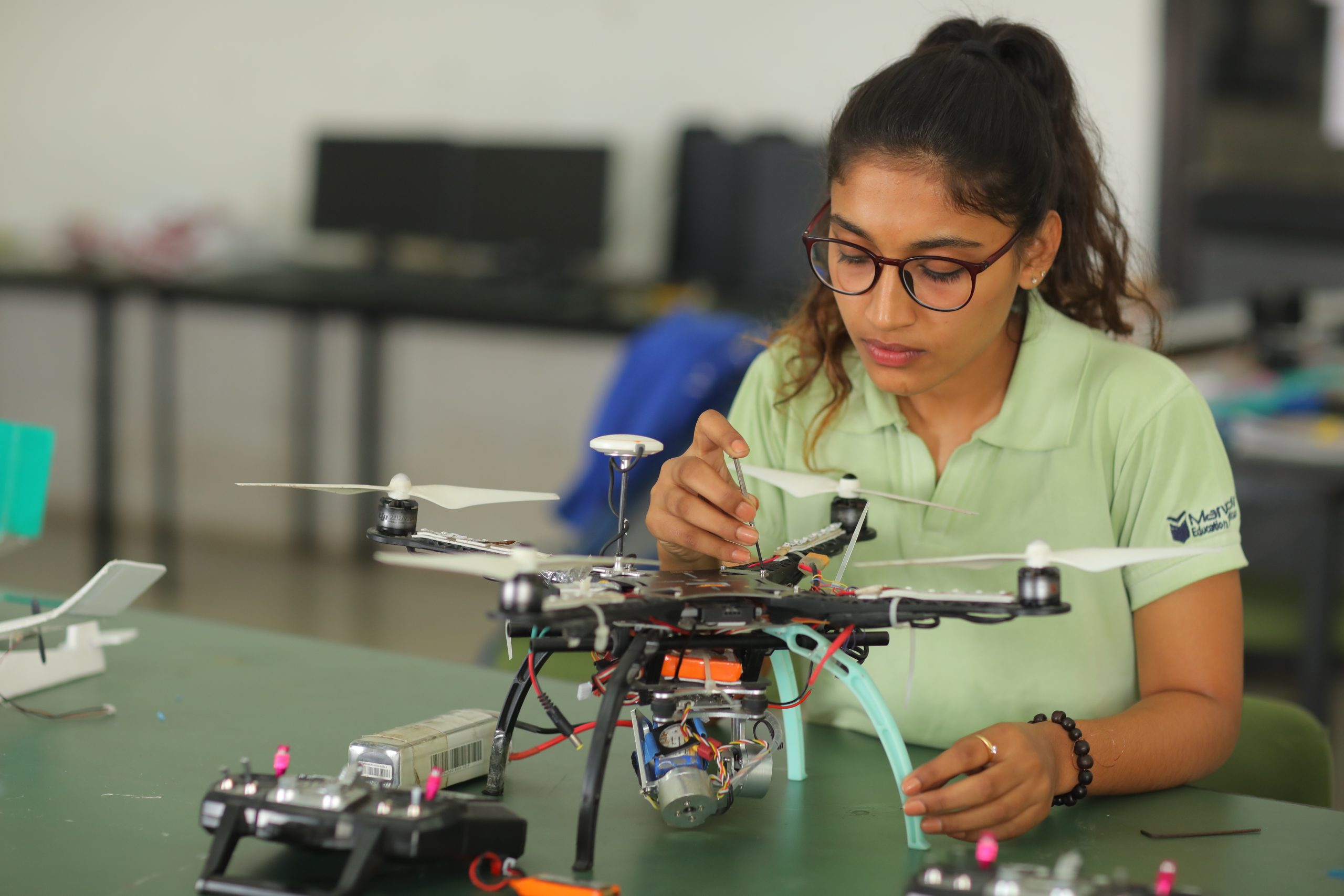

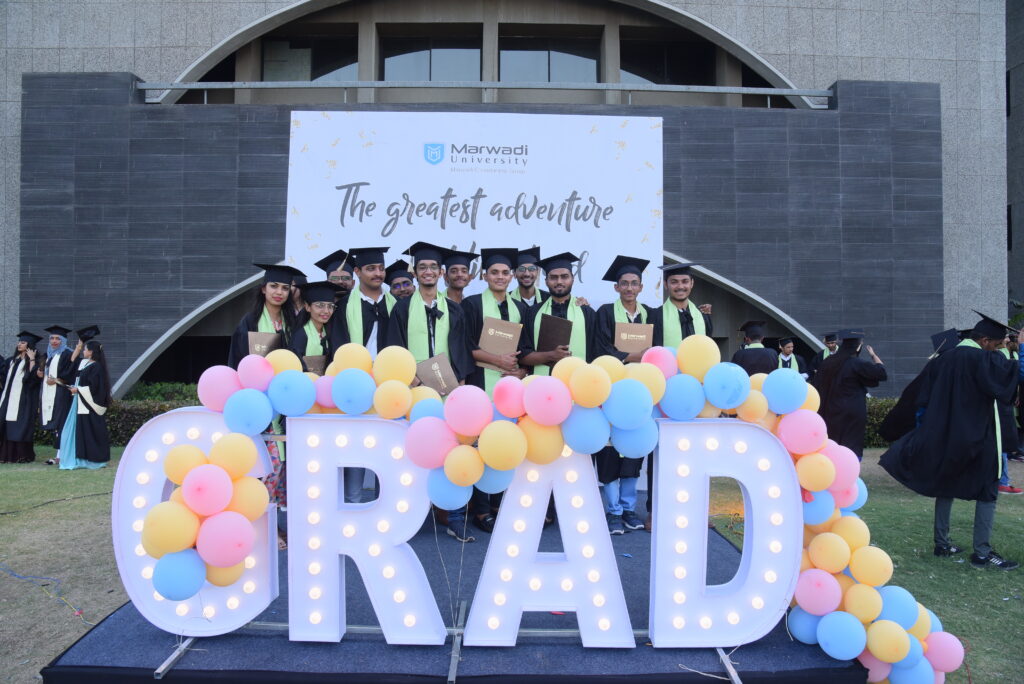

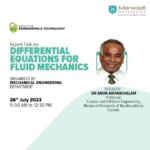
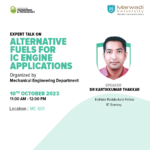

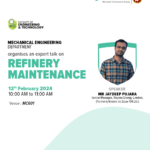
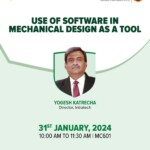
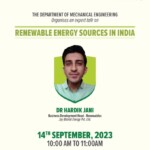

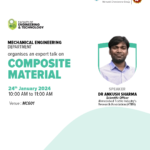
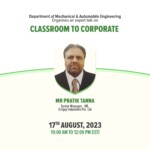
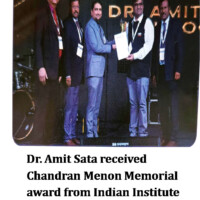
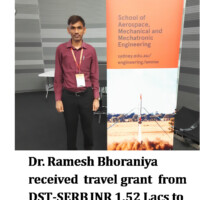
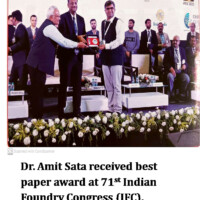
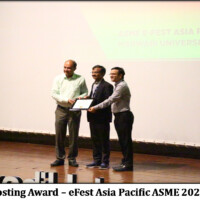
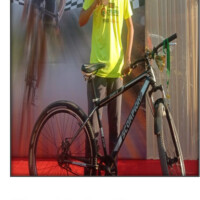
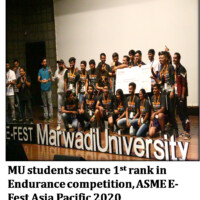
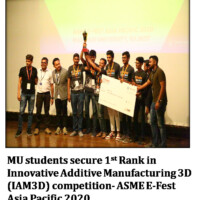
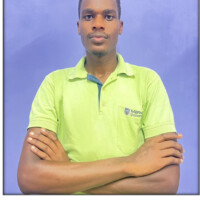
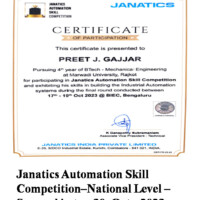
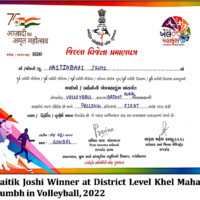

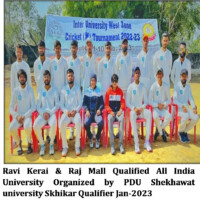
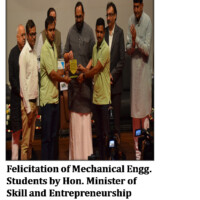
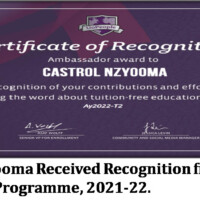
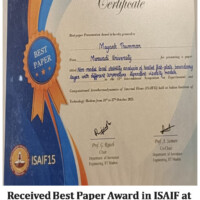
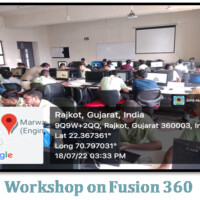
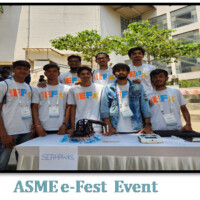
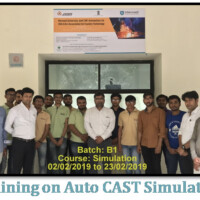
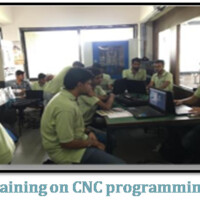
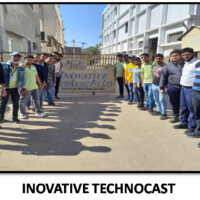
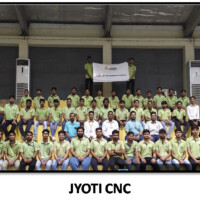
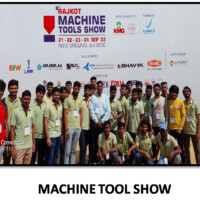
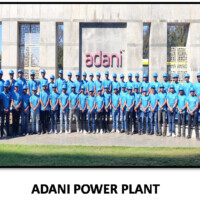
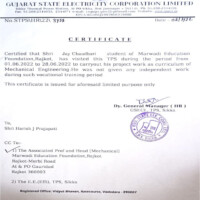
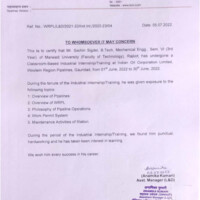
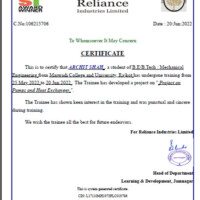
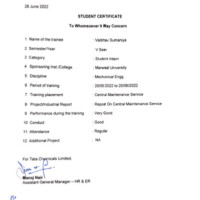
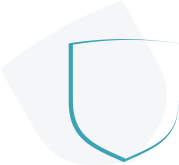







 International Airport
International Airport  Railway Station
Railway Station  GSRTC Bus Port
GSRTC Bus Port 